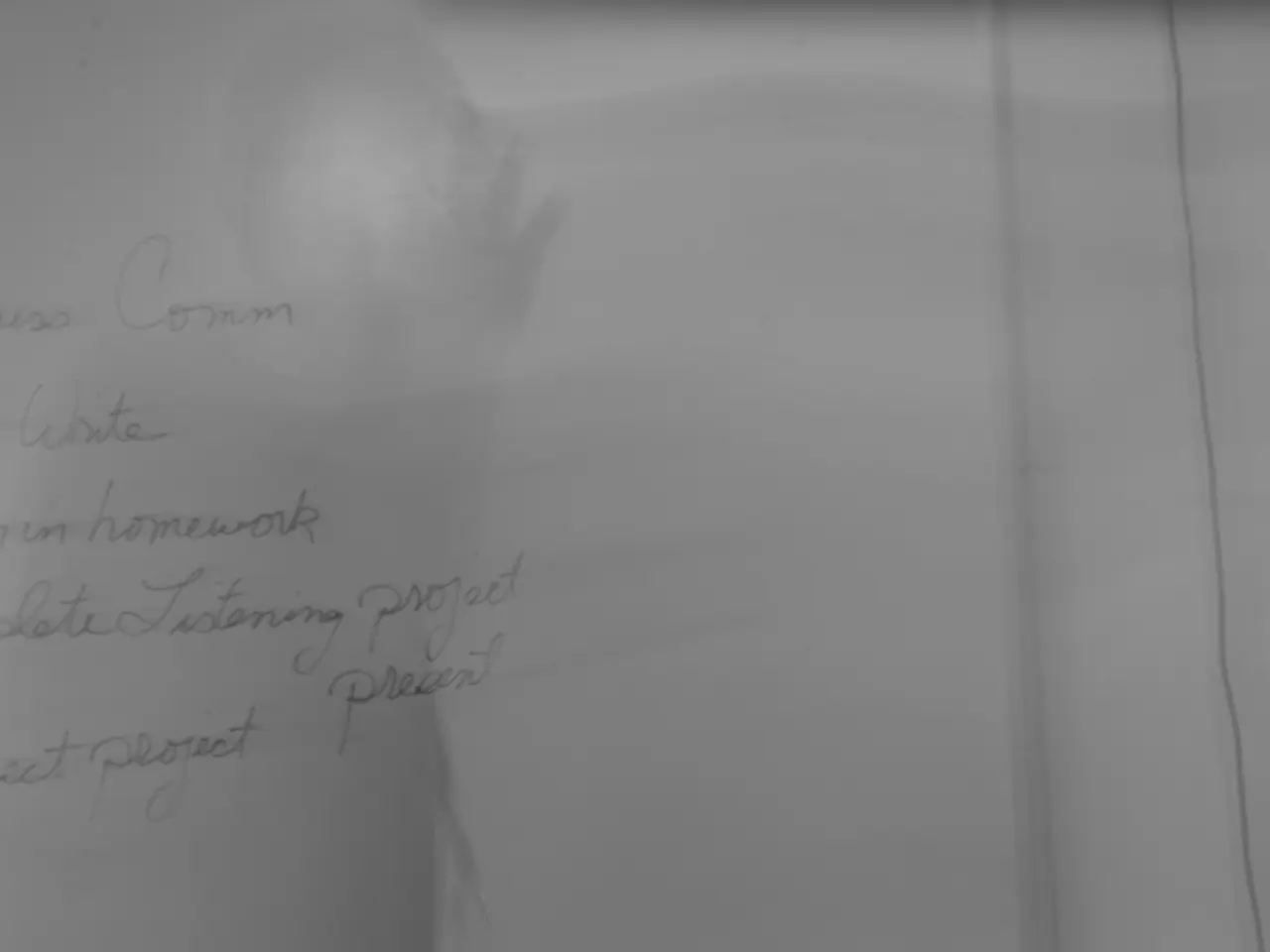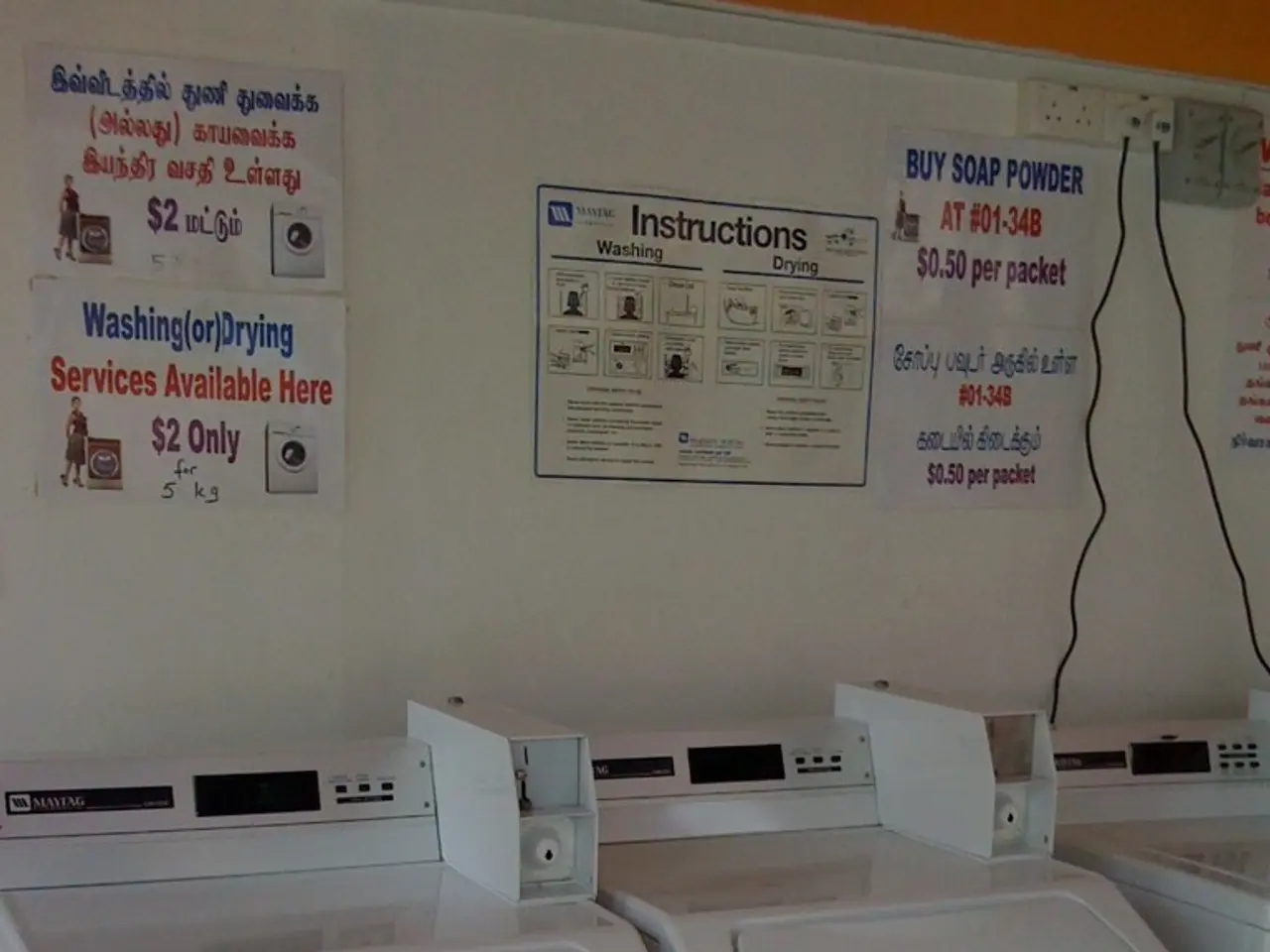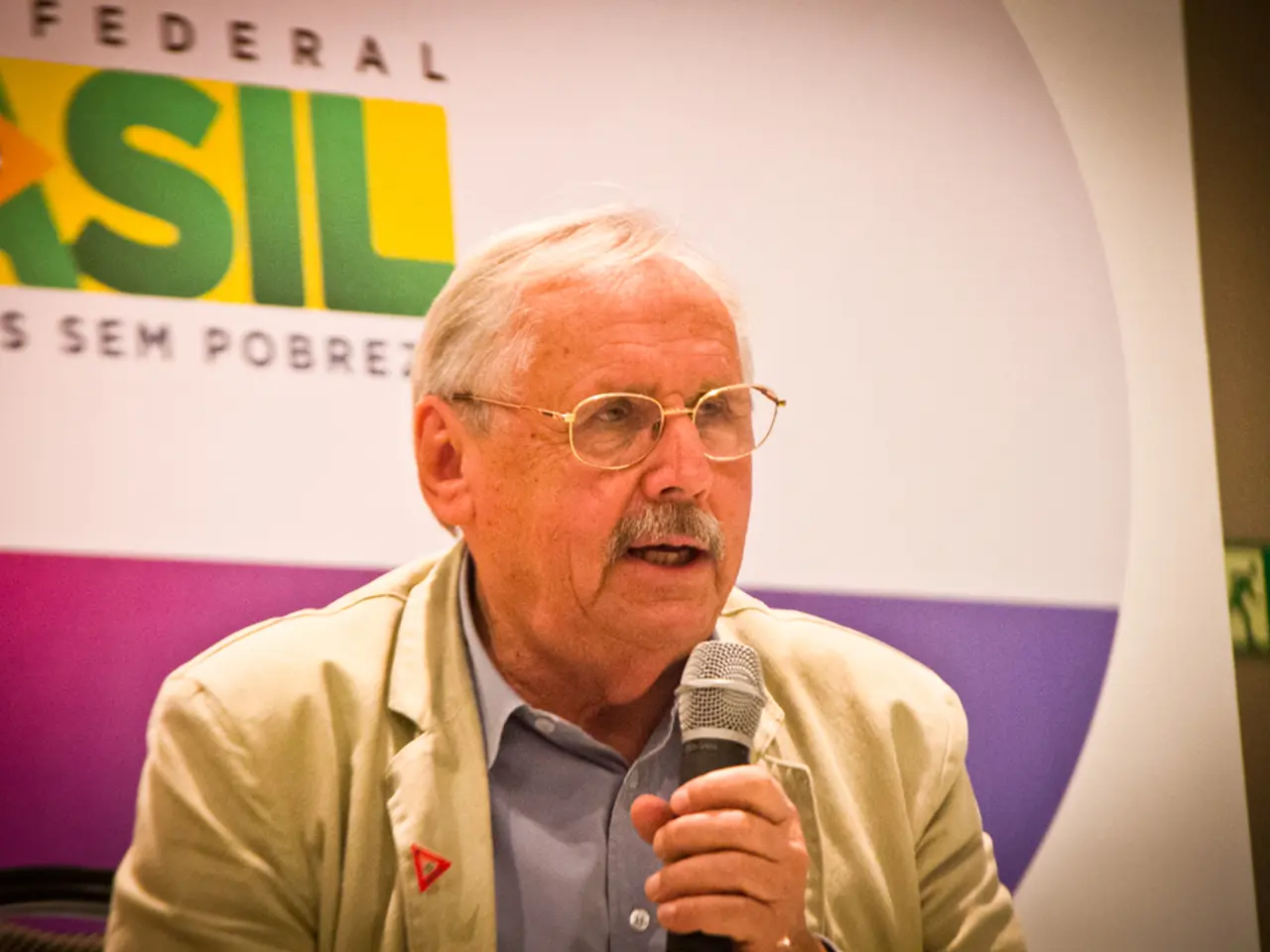Directive Proposed for Safeguarding Workers from Radiation Hazards
North Rhine-Westphalia (NRW), Germany's most populous state, is taking proactive steps to boost economic growth and energize European political cooperation, particularly in the realm of energy policy.
The state's top business leaders and Minister President Hendrik Wüst (CDU) recently visited Brussels, where they presented the European political impulse paper. The visit, which included a meeting with EU Commission President Ursula von der Leyen, was a key part of the current affairs debate in the NRW state parliament.
One of the main focuses of the NRW government's initiatives is the emerging hydrogen economy. The state government has submitted a €20 million funding application to the EU for the H2Valley RheinRuhr project. This initiative aims to establish the Rhine-Ruhr region as a leading "Hydrogen Valley," coordinating six major hydrogen networks and over 50 stakeholders to demonstrate the feasibility of transitioning from fossil fuels to renewable hydrogen-based energy systems.
The hydrogen initiative and broader energy transition efforts suggest that NRW is supportive of easing the tax burden or creating incentives to foster renewable energy use and industrial competitiveness. While the documents do not explicitly mention an electricity tax reduction proposal from NRW, the state's commitment to sustainable economic progress and job creation may indicate that it is exploring or open to electricity tax reforms to boost economic activity and energy transition affordability.
The FDP (Free Democratic Party), which has historically centred on economic liberalization and reducing burdens on businesses, has voiced concerns about economic momentum and policy directions. In response, NRW is demonstrating active government engagement in innovative economic transformation to counteract structural economic challenges. By emphasizing hydrogen as a key industrial opportunity and involving numerous private and public stakeholders, NRW underscores its commitment to sustainable economic progress and job creation.
The black-green state government is expected to present its measures to improve economic policy framework conditions, specifically addressing the lack of electricity tax reduction. The state government is also expected to discuss what conclusions they drew from the European political impulse paper presented during the visit and explain their conclusions drawn from the paper.
Despite the current economic challenges, NRW's Minister President Hendrik Wüst described the state as the "growth engine for all of Europe" during a visit to the EU Commission. The state's proactive approach to hydrogen economy projects and European political cooperation is a testament to this ambition.
[1] European Commission. (2021). Hydrogen Valleys: A European initiative to accelerate the development of hydrogen production and usage. Retrieved from https://ec.europa.eu/info/publications/hydrogen-valleys-european-initiative-accelerate-development-hydrogen-production-and-usage_en
[2] North Rhine-Westphalia Ministry for Economic Affairs, Innovation, Digitalisation and Energy. (2021). H2Valley RheinRuhr: A Europe-wide hydrogen project. Retrieved from https://www.mwi.nrw.de/wirtschaft/energie- und-klimapolitik/h2valley-rheinruhr-europe-wide-hydrogen-project/
- The state government of North Rhine-Westphalia, in an attempt to facilitate business growth and strengthen European political cooperation, particularly in the field of energy policy, has submitted a €20 million funding application to the European Commission for the H2Valley RheinRuhr project - a major initiative aimed at transforming the Rhine-Ruhr region into a leading "Hydrogen Valley."
- The hydrogen economy, and the broader energy transition efforts in North Rhine-Westphalia, indicate a potential willingness to explore or be open to electricity tax reforms, as the state seeks to ease the tax burden and stimulate industrial competitiveness for sustainable economic progress and job creation.




